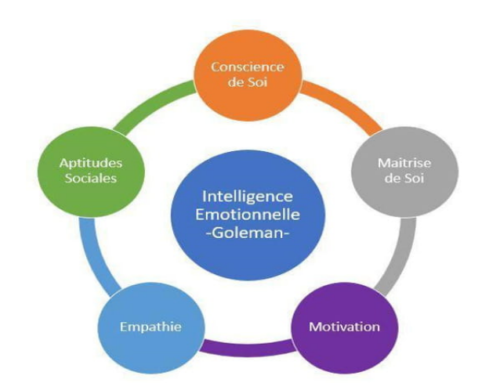It could not have been more timely—coming as it did immediately after the stunning news about the Brexit vote in the UK. We thought you might be interested in a few of the overarching conclusions reached at this extraordinary meeting.
While a number of fundamental questions regarding the long-term consequences of Brexit have yet to be answered, the prognosis among our experts was for significant economic and commercial downside in the UK throughout the transition process, some further drag on growth in the EU, and an additional period of uncertainty in an already flat global economy. Participants commented that “while the UK has inflicted serious self-harm on its servicesdriven economy, Brexit should be a wake-up call that the EU itself needs a serious re-boot for those who remain.”
At the global level, the view was “[a]lthough the world economy is still showing decent growth, it is exceedingly fragile—with risks from Japan (where Abenomics is not living up to expectations) to the still unquantifiable downdraft from Brexit.” We wondered whether we were reaching a hiatus in globalization—a moment marked by concurrent nationalism, populism and protectionism—what IMF Managing Director Christine Lagarde described in last Thursday’s Financial Times as a “1914 moment.” In a report earlier in the year, the GBPC called it the prospect of an “islandized” global economy.
For this reason, the disillusioned and downwardly mobile in the UK are willing to give Brexit a try, and the embattled citizenries elsewhere in Europe are listening to France’s Front National, Germany’s AfD, Spain’s Podemos, and many others spanning both right and left. In the United States, it was argued, Donald Trump’s emotionally-connected messaging is playing simultaneously on fears and hopes.
Despite the long shadow of the Brexit results, our Retreat also managed to cover other issues. First and foremost was geopolitics—and Russia. Participants argued that the clear winner from Brexit is Vladimir Putin, who is strong not because Russia is in robust health but rather because the West is weak-willed and distracted politically. “Russia’s hybrid warfare mixing hard and soft power, including propaganda, social media and cyber, has met with U.S. disengagement and EU under-spending,” one participant asserted.
On the energy front, it was the continuing story of global reliance on fossil fuels, the continuing shift in source of demand from developed to developing world, and slow-butsure shift in energy mix toward more use of renewables. On the tech front, we focused on two breakthroughs: artificial intelligence and genomics. A faculty member suggested that “A big eye opener is that machines are starting to think like human beings: the computational world has passed a threshold and we are in a completely new world.” A revolutionary geneediting tool called CRISPR-Cas9 will reduce disease through genetic therapy, but it also leads us to think about the possibility of “new life forms.”
On the final morning of the Warsaw CEO Retreat, we released our GBPC 2016 Views from the C-Suite study. The results showed that there is simply no consensus on the future direction of the global operating environment, with 50-50 splits on nearly all major issues. The exception was technology, which is regarded by global executives as a source of both opportunities and challenges. Cybersecurity was the top challenge overall. And somewhat surprising given rising nationalism and weak trade growth, executives believe that expanding globalization is the top opportunity. For more details on these and other 2016 Views from the C-Suite results, see the attached deck here.

